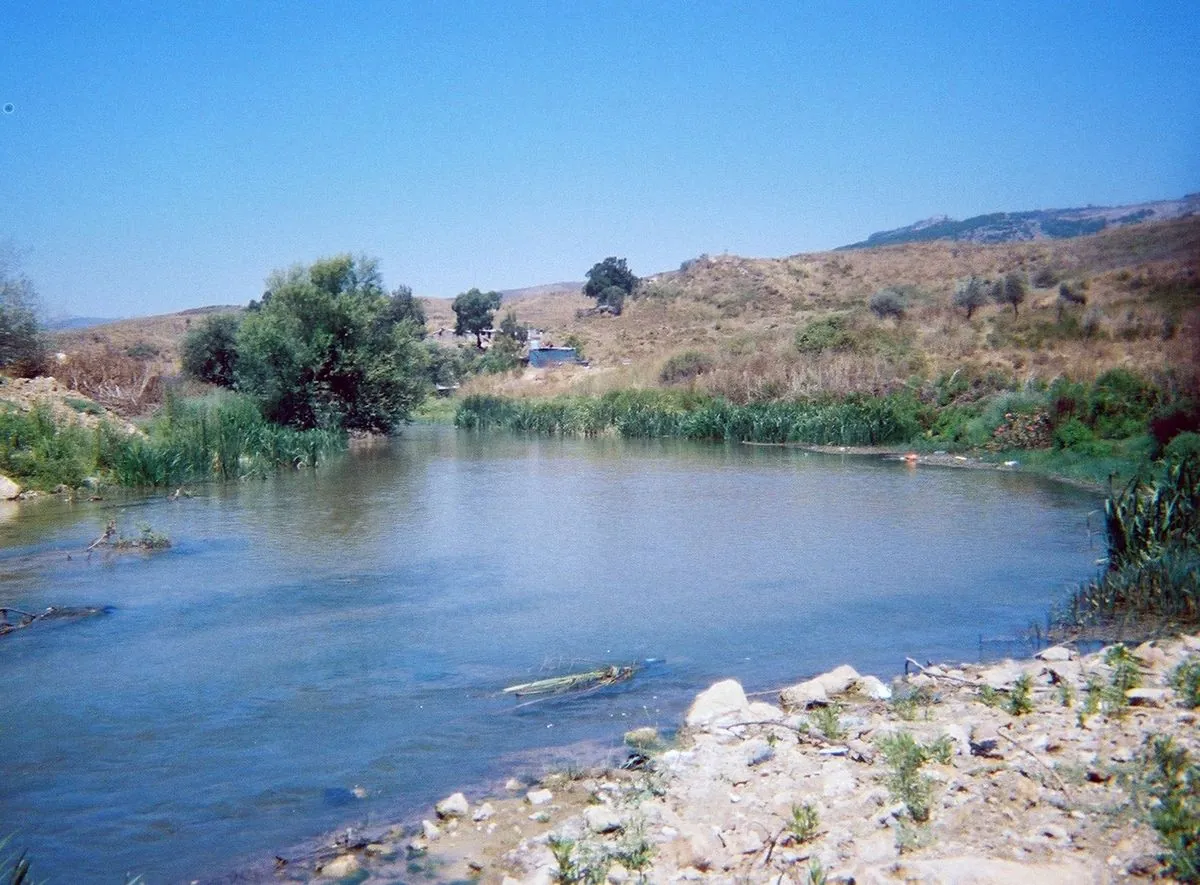UN Resolution 1701: A Failed Promise for Peace on Israel-Lebanon Border
UN Resolution 1701, meant to end Israel-Lebanon conflicts, failed due to Hezbollah's growth. Israel's recent incursion highlights the resolution's ineffectiveness, raising questions about future peace efforts.

The failure of UN Resolution 1701, passed in the summer of 2006, has led to renewed tensions between Israel and Lebanon. This resolution, initially hailed as a diplomatic breakthrough, aimed to end Israel's 34-day invasion of Lebanon and push Hezbollah back from the border. However, 18 years later, its ineffectiveness has become glaringly apparent.
Hezbollah, founded in 1982 during the Lebanese Civil War, has grown exponentially since 2006, defying the resolution's intent. The group, considered a terrorist organization by several countries including the US and EU, has maintained and strengthened its presence south of the Litani River, a 140 km long waterway that was supposed to mark the limit of its operations.
The Blue Line, established by the UN in 2000 as a border demarcation between Lebanon and Israel, has become a flashpoint rather than a peaceful boundary. The resolution's failure stems from its reliance on the Lebanese government to control Hezbollah, a task that has proven impossible due to the group's deep-rooted influence in Lebanese society and politics.

Lebanon's complex political landscape, shaped by its 1975-1990 civil war and subsequent Syrian occupation until 2005, has contributed to the resolution's ineffectiveness. Hezbollah's entry into the Lebanese government in 2005 further complicated matters, giving it a de facto veto over governmental decisions.
The recent Israeli incursion into Lebanon, justified by Israeli officials as a response to Hezbollah's continued presence and attacks, highlights the resolution's failure. Since October 2023, Hezbollah has launched thousands of cross-border attacks on Israel, displacing tens of thousands of Israeli citizens from the northern part of the country.
"There is a U.N. resolution, still valid, that requires Hezbollah not to be deployed south of the Litani River, and the Israelis can point at that all day, every day."
International efforts to resolve the conflict have been unsuccessful. France and the United States recently attempted to craft a diplomatic solution, with the Biden administration proposing a 21-day ceasefire. However, these efforts were quickly rejected by Israel, underscoring the deep-seated issues that Resolution 1701 failed to address.
The situation is further complicated by Iran's support for Hezbollah, which has been ongoing since the group's inception. This external influence has allowed Hezbollah to maintain its military capabilities despite the resolution's call for disarmament.
As the conflict continues, it becomes clear that a new approach beyond UN resolutions may be necessary to achieve lasting peace in the region. The failure of Resolution 1701 serves as a stark reminder that diplomatic agreements, without effective enforcement mechanisms and the genuine cooperation of all parties involved, are insufficient to resolve complex geopolitical conflicts.


































